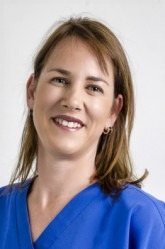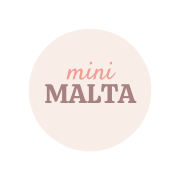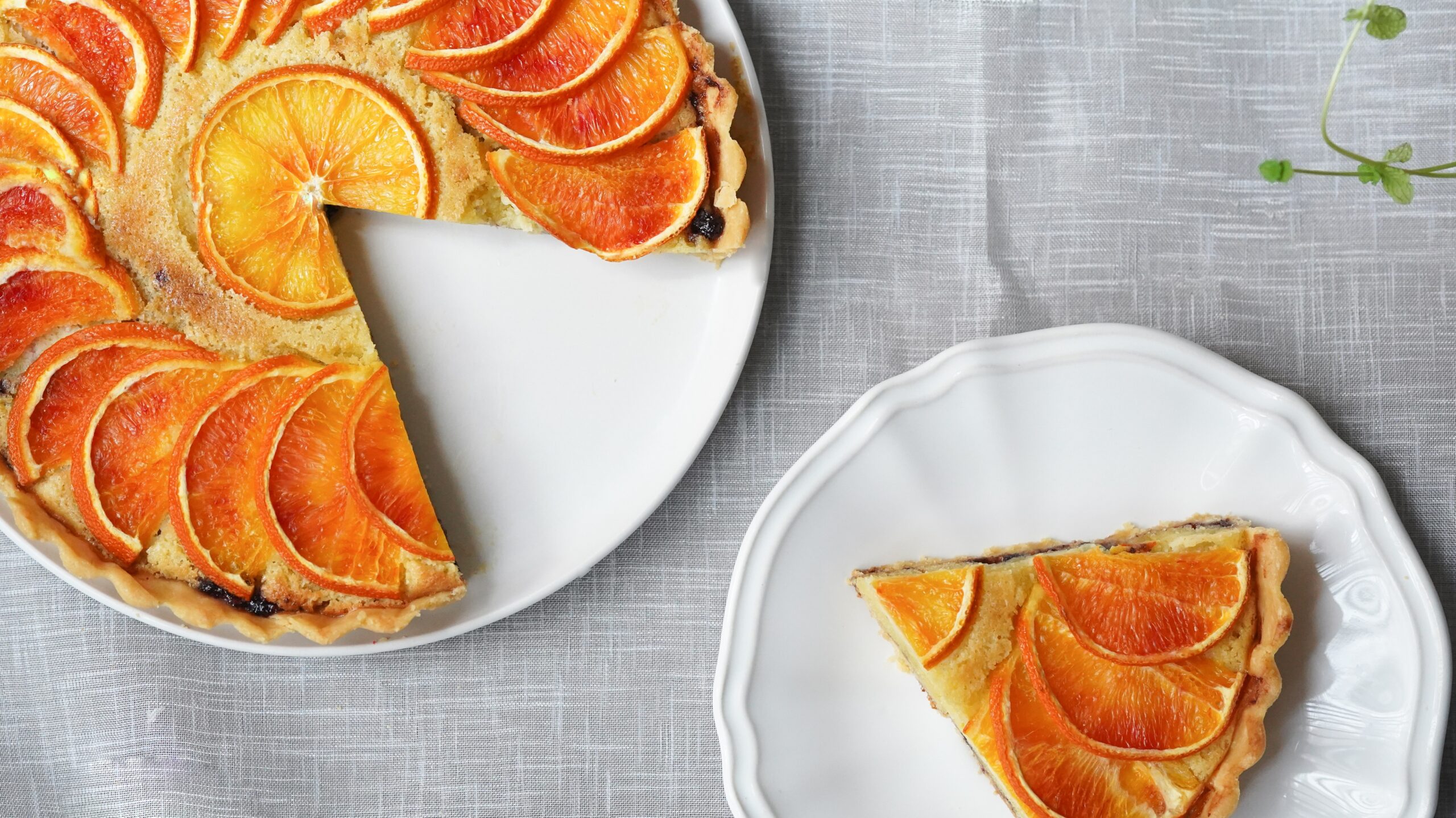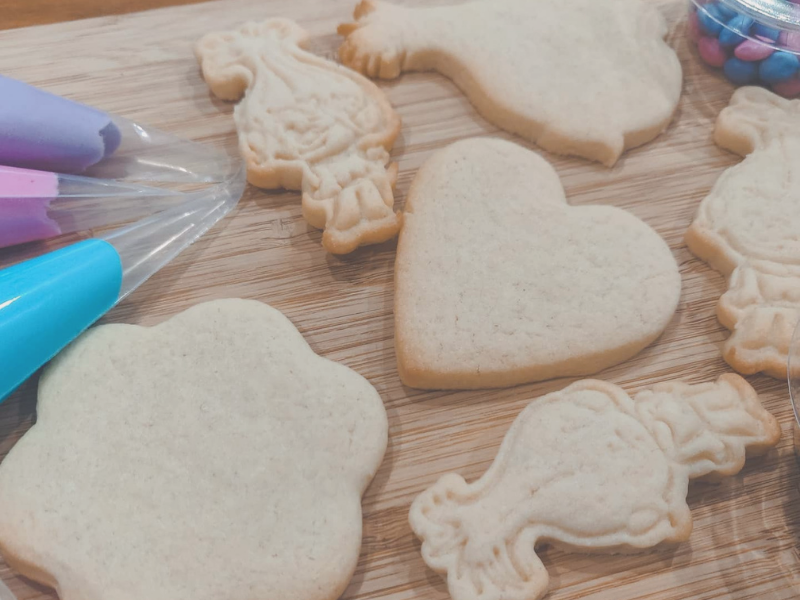Audrey Camilleri is a Paediatric Dentist based at the highly regarded Camilleri Dental Clinic in Sliema. She is an expert in the field of trauma to anterior teeth, caries in baby teeth and management of the apprehensive patient. There is no one better to answer our questions about all things regarding our children’s teeth so read on for her wisdom and advice…
How do I find a dentist in Malta for my family?
All children under the age of 16 are entitled to free dental treatment at Mater Dei Hospital including check ups, fillings, fissure sealants and extractions. Fixed orthodontic treatment is only done for select cases depending on the need for treatment. At Mater Dei you are not guaranteed as to which dentist will treat your child appointment by appointment – it is unlikely to be the same person each time.
Therefore, many people look for a private dentist and the internet plays an important part of that search. However, in regards to paediatric dentists, mother-to-mother recommendations are very powerful and that is often how we see new families find our practice. There are many, many benefits to bringing your children to a specifically paediatric dentist but, without doubt, one of the main ones is that very apprehensive children are treated by someone who knows how to best handle the situation and put them at ease.
In addition to our expertise in handling nervous patients, the other benefit of taking your child to a paediatric dentist is that we will treat damaged teeth rather than relying on extraction or just leaving the tooth alone. People often forget that milk teeth molars don’t fall out until the age of around the age of twelve – it is not as early as six like the teeth at the front – so early damage is going to stay there for a long time if ignored. Equally, if the tooth at the back is removed early on, this has implications for spacing and function. Saving baby teeth, if possible, is a priority for a paediatric dentist and if the child is unable to cope with treatment in a clinic setting there is the option of doing so under general anaesthetic at a private hospital. Treatment under general anaesthesia includes fillings, placement of sealants and extractions if indicated.
How often should my family visit the dentist? And what should I be doing to ensure that my children’s teeth are in top condition between check ups?
We recommend a check up every 6 months and starting ideally at age 2 or 3 years old. In between appointments, it is important that your child follows advice for good brushing technique and diet advice, and uses a toothpaste with the right amount of fluoride. Fluoride toothpaste has developed a bad reputation amongst parents in recent years but it really is critical that it is included as part of your child’s dental hygiene routine. Your child would have to consume a vast amount of toothpaste before the fluoride in it did them any harm at all.
Is it safe to go to the dentist despite COVID? What measures should we expect from our dentist in order to protect them and us?
Of course I can only ever speak on behalf of my own practice but I think it really is safe to go to the dentist. We wear full PPE, sanitise every surface in between patients, and take every hygiene precaution if using aerosol inducing procedures (such as drills). We have also installed an air exchanger which replaces the air regularly, have an air purifier running at all times, and have an extra oral high volume suction.
What are the main problems you see with children’s teeth and oral health? And at what stage should parents be thinking about corrective treatment such as braces?
Early childhood caries (damage and decay in the teeth of preschool aged children) are something I see often but they are easily avoided. So often, they are caused by children continuing to receive formula from a bottle long after their first birthday. Formula should be given until the age of one and then children should be given regular milk (or a milk alternative if necessary). Parents think that they are doing their children a favour by retaining the formula in their diet but it is totally unnecessary. Furthermore, the bottle lets sugar from the milk sit on their children’s teeth, often once they have gone to bed without brushing again, and this compounds the damage.
In addition to this, it is really important to mindful of sugar in all sorts of products. All too often, honey is offered as a healthy alternative…but it does the same damage to teeth. And please bear in mind as well that there is a lot of sugar in ketchup and most cereals, and that fizzy drinks, juices and smoothies all can cause dental erosion.
In regards to corrective treatment, it is important to go to a specialist and there are many to choose from in Malta – in our practice we have the luxury of in-house orthodontists which helps us to give patients a choice and can offer joint consultation when needed. There are two types of corrective treatment: removable braces which can be used on mixed dentition (a mix of milk and permanent teeth) and fixed orthodontic treatment which is only used when a child has developed all their permanent teeth. An orthodontist will be able to advise you on the correct treatment plan for your child, and your regular dentist will be able to suggest the right time for starting that conversation.
What will be your lasting memories of 2020?
For me, the realisation that it was so lovely to work a little less hard, to enjoy some quality time with our kids and to take time to explore this beautiful island – this made a huge impression on me and will stay with me long after this year ends.
Let us know if you have any questions for Audrey – we’ll keep in touch and pass on replies. Add your questions in the comments below or email editor@minimalta.com.



